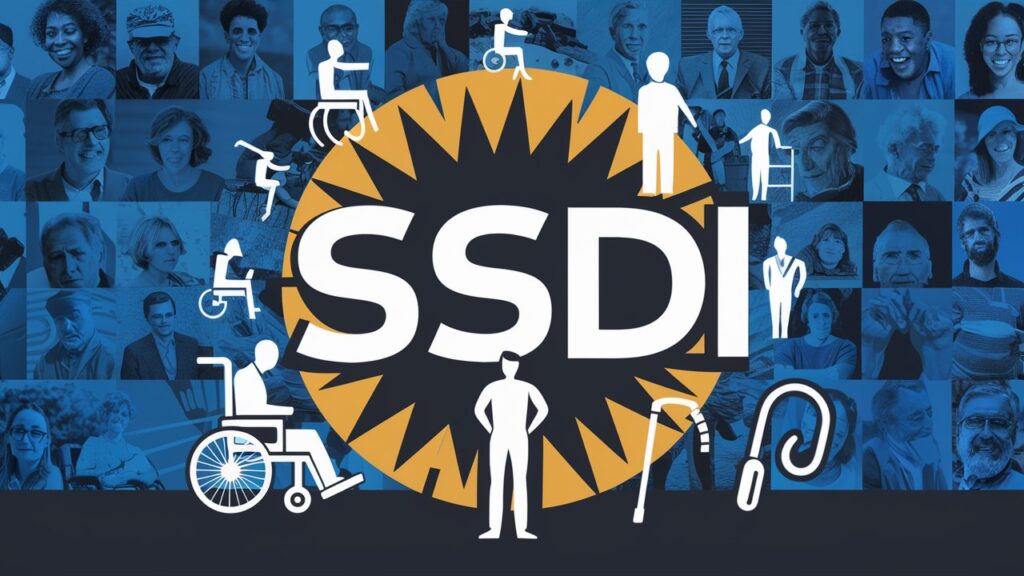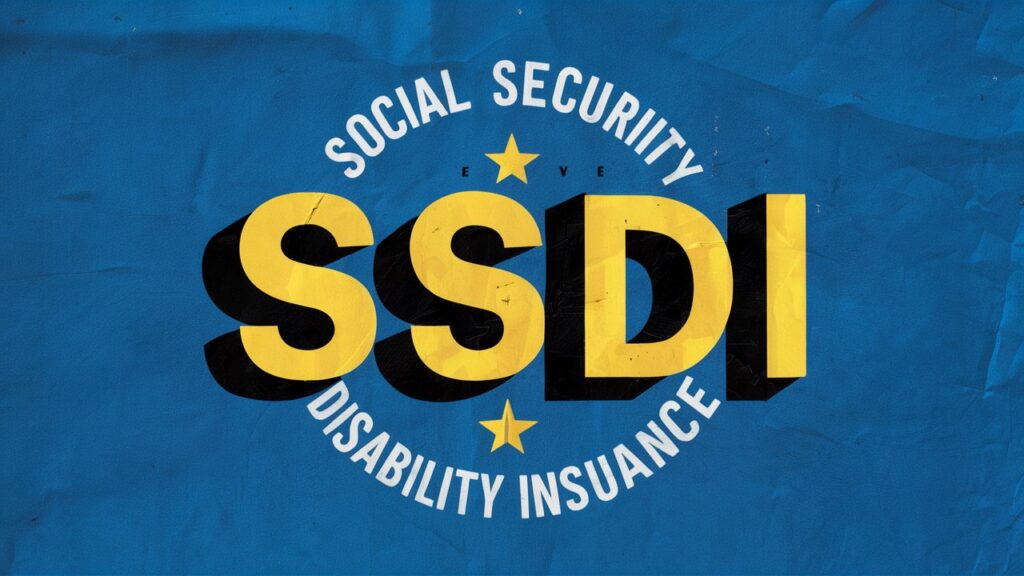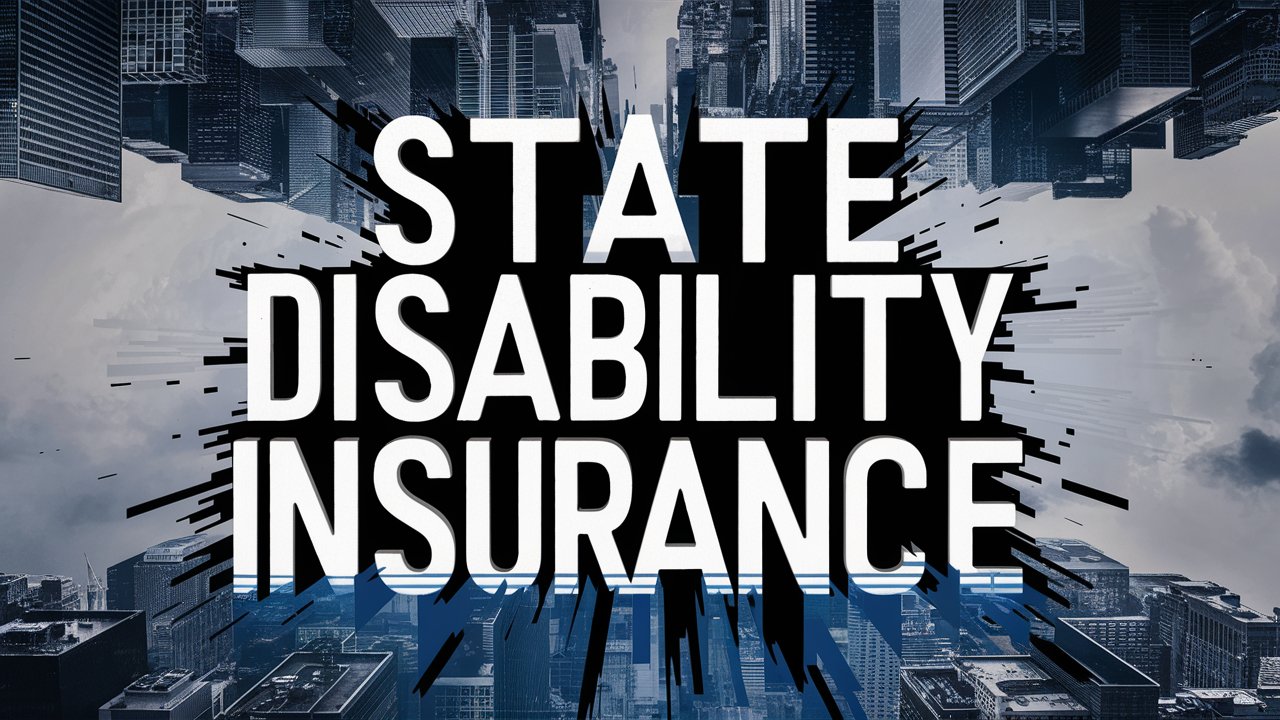Social Security Disability Insurance (SSDI) offers crucial financial support to those unable to work due to severe, long-term disabilities. Funded through payroll taxes, SSDI helps individuals who’ve paid into the system and now face significant barriers to earning a living. Discover how SSDI can assist you.
Social Security Disability Insurance (SSDI) is a crucial program designed to provide financial support to individuals who are unable to work due to a severe and long-lasting disability.
This federal program, administered by the Social Security Administration (SSA), aims to offer a safety net for those who have contributed to the Social Security system through their work and now face challenges that prevent them from earning a living.
As a complex and sometimes confusing area of public policy, it is essential for potential beneficiaries, their families, and caregivers to understand the intricacies of SSDI to navigate the application process and manage expectations effectively.
This comprehensive guide delves into the key aspects of SSDI, including eligibility requirements, benefits, application procedures, and common challenges, to equip you with the knowledge you need.
What is Social Security Disability Insurance (SSDI)?
Social Security Disability Insurance (SSDI) is a federal program that provides monthly cash benefits to individuals who have become disabled and are unable to work. Funded through payroll taxes under the Federal Insurance Contributions Act (FICA).
SSDI is part of the broader Social Security program, which also includes retirement and survivors’ benefits. Unlike other types of disability benefits, SSDI is specifically for people who have a work history and have paid Social Security taxes.
Eligibility Requirements for SSDI
To qualify for SSDI, applicants must meet several criteria,
Work History
Applicants must have worked in jobs covered by Social Security and earned enough work credits. The number of credits required depends on the applicant’s age and the severity of their disability. Generally, you need 40 credits, with 20 earned in the last 10 years, but younger workers may qualify with fewer credits.

Medical Condition
The applicant must have a medical condition that meets the SSA’s definition of disability. This means the condition must be severe enough to prevent substantial gainful activity (SGA) and is expected to last at least 12 months or result in death. The SSA uses a strict set of criteria, evaluating whether the condition is on its list of qualifying impairments or if it is equivalent to one of these conditions.
Substantial Gainful Activity (SGA)
The SSA evaluates whether the applicant can perform SGA, which is defined as earning more than a specific amount per month. For 2024, the SGA limit is $1,470 for non-blind individuals and $2,460 for blind individuals. If an applicant’s earnings exceed these limits, they may not qualify for SSDI.
The SSDI Application Process
Applying for SSDI can be a complex and lengthy process. Here’s a step-by-step guide to help you understand what to expect,
- Gather Documentation
Collect all necessary documents, including proof of work history, medical records, and information about your income and resources. Detailed medical records are crucial for proving the severity of your condition.
- Complete the Application
Applications can be submitted online through the SSA’s website, by phone, or in person at a local Social Security office. The application will require detailed information about your work history, medical condition, and daily activities.
- Initial Review
After submission, the SSA will review your application to ensure that you meet the basic eligibility requirements. If you pass this initial review, your application will be forwarded to a state disability determination service for further evaluation.

- Disability Determination
A disability examiner will assess your medical records and may consult with your healthcare providers. They will determine if your condition meets the SSA’s definition of disability. This process can take several months.
- Decision
You will receive a decision from the SSA, which will either approve or deny your claim. If approved, you will begin receiving monthly benefits. If denied, you can appeal the decision within 60 days.
Benefits Provided by SSDI
If your SSDI claim is approved, you will receive monthly cash benefits based on your earnings record. The amount varies depending on your work history and lifetime earnings. Additionally, SSDI beneficiaries may qualify for Medicare after 24 months of receiving benefits. Medicare provides health insurance coverage to help with medical expenses.
Common Challenges and Appeals
Many SSDI applicants face challenges during the application process,
- Application Denials
Initial SSDI claims are frequently denied. Common reasons include insufficient medical evidence, failure to meet the SSA’s definition of disability, or not meeting the SGA criteria.
- Long Processing Times
The SSDI application process can be lengthy, with wait times extending from several months to over a year. This delay can cause financial strain for applicants.
- Complexity of the Process
Navigating the SSDI application and appeals process can be complex. Applicants may find it challenging to understand the requirements and gather the necessary documentation.
If your application is denied, you have the right to appeal. The appeals process includes several stages, such as reconsideration, a hearing before an administrative law judge, and further appeals to the Appeals Council and federal court if necessary.
Tips for a Successful SSDI Application
To increase your chances of a successful SSDI application, consider the following tips,
- Provide Complete and Accurate Information
Ensure that all information on your application is accurate and complete. Any discrepancies or omissions can lead to delays or denials.
- Submit Comprehensive Medical Records
Include detailed medical records from all healthcare providers involved in your treatment. These records should clearly document the severity and duration of your condition.
- Consult with Professionals
Consider seeking assistance from a disability attorney or advocate. These professionals can help you navigate the application process, gather necessary documentation, and represent you in appeals if needed.
- Keep Records of Communication
Maintain a record of all communications with the SSA, including copies of documents submitted and any correspondence received. This can help resolve issues that may arise during the application process.
Conclusion
Social Security Disability Insurance (SSDI) is a vital program that provides financial support to individuals unable to work due to severe disabilities. Understanding the eligibility requirements, application process, and benefits associated with SSDI can help you navigate the complexities of the system and improve your chances of receiving the support you need. Despite the challenges and potential delays, the SSDI program offers a crucial safety net for those who have contributed to the Social Security system and now face significant barriers to employment. By being well-informed and prepared, you can better manage the SSDI application process and secure the benefits necessary to support your financial well-being during times of disability.
For more details please visit our home page: Click Here

